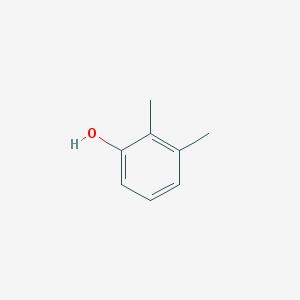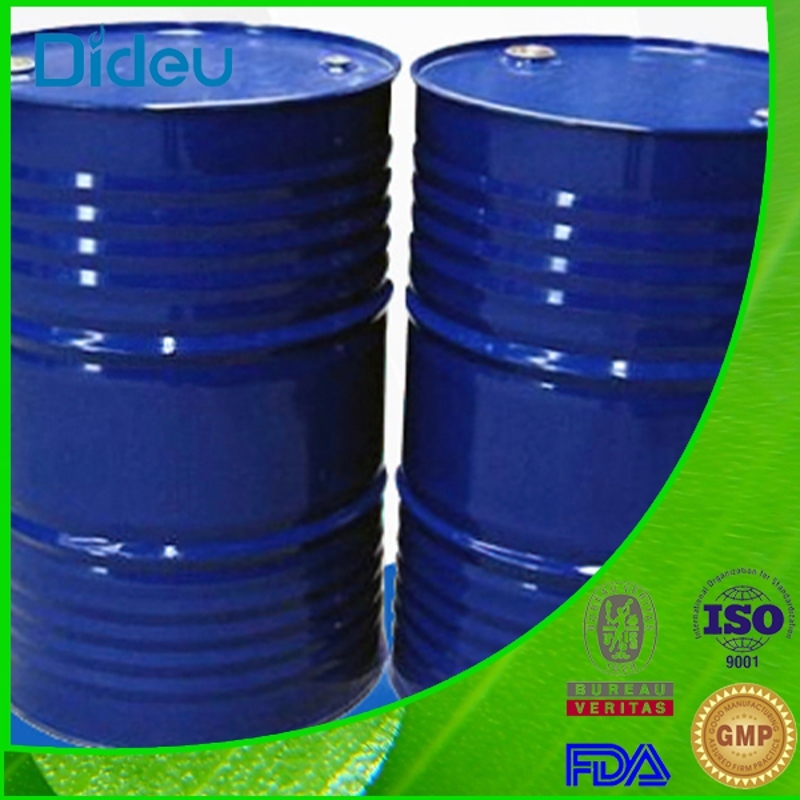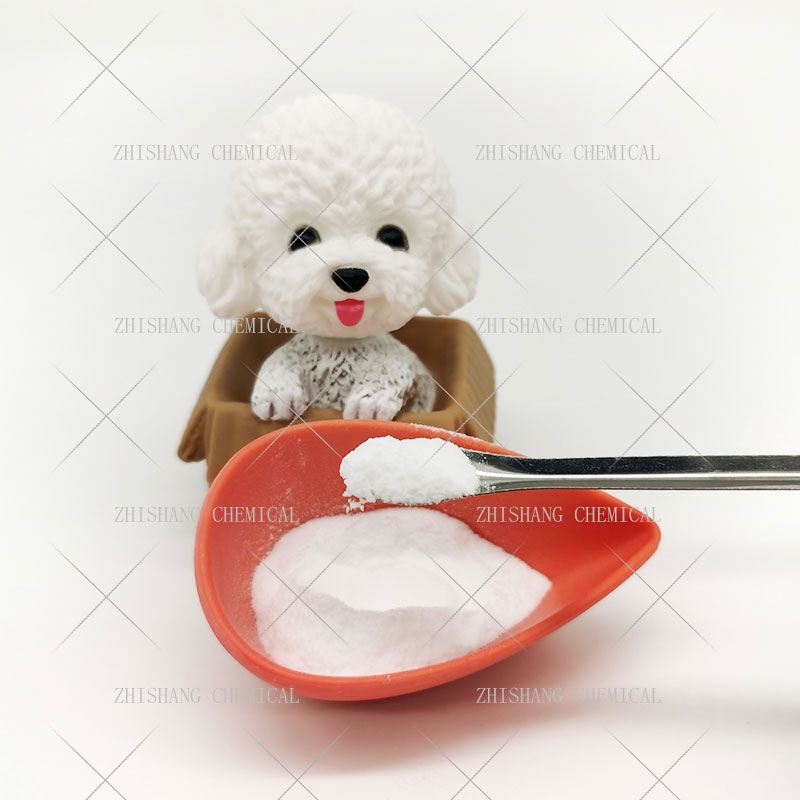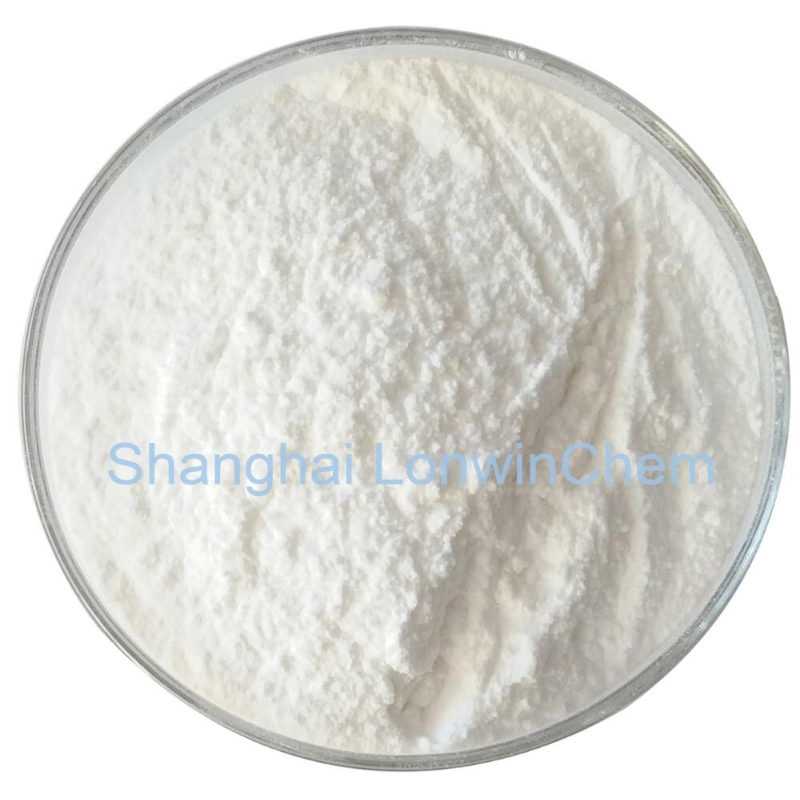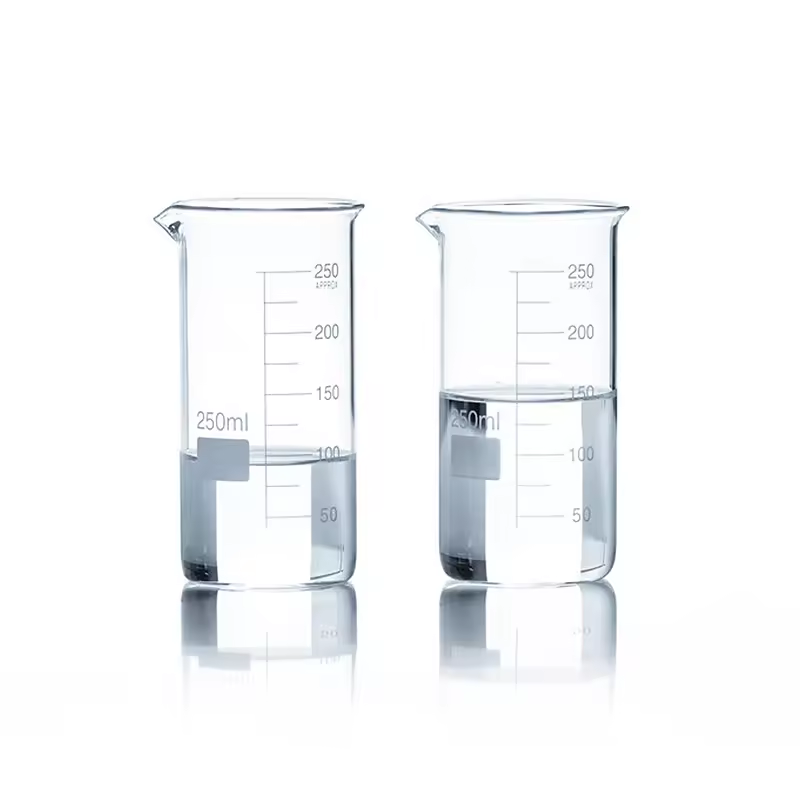Organic Chemistry
- • Amides (2600)
- • Alcohols, Phenols, Phenol Alcohols (305)
- • Nitrogen Compounds (248)
- • Nitrile Compound (83)
- • Hydrazine or Hydroxylamine Derivatives (203)
- • Quinones (38)
- • Ethers and Derivatives (182)
- • Aldehydes (108)
- • Carboxylic Acids and Derivatives (754)
- • Hydrocarbons and Derivatives (2305)
- • Ketones (71)
- • Inorganic Acid Esters (169)
- • Heterocyclic Ring (332)
- • Organometallic Compounds (958)
- • Organosulfur Compounds (69)
- • Phosphines (725)
- • Organometalate (283)
- • Organic Fluorine Compound (2103)
- • Triazenes (18)
- • Semicarbazides (33)
- • Organoselenium Compounds (28)
- • Nitro Compounds (94)
- • Nitrates (15)
- • Lactones (240)
- • Imines (24)
- • Free Radicals (46)
- • Dioxins and Dioxin-like Compounds (31)
- • Cyanates (31)
- • Coordination Complexes (3059)
- • Boron Compounds (84)
- • Azides (66)
- • Arsenicals (56)
Related News
-
ECHEMI High Quality Inquiries (30 Aug-4 Sep)
2024-09-05 -
Mitsui Chemical decided to close the Phenol production line at its Ichihara plant in Japan
2024-04-08 -
How to Convert Phenol to Picric Acid?
2023-08-03 -
The European cumene market continues to be weak
2023-07-26 -
The domestic phenol market may bottom out
2022-11-17 -
INNEX acquires Mitsui Singapore Phenol for $330 million
2022-09-01
Sort Alcohols, Phenols, Phenol Alcohols Alphabetically
Alcohols, Phenols, Phenol Alcohols
Get Alcohols, Phenols, Phenol Alcohols Raw Materials by RegionDimethylphenol
(1300-71-6)-
Industrial Grade / 99%
-
![Xylenol buy Xylenol]()
-
![Xylenol buy Xylenol]()
-
![Xylenol buy Xylenol]()
Industrial Grade / 99%
Request for quotation , get quotes from more suppliers.
Dipropylene glycol
(25265-71-8)-
Industrial grade / 99%
-
Industrial Grade / 99%
$1/KG FOB
-
-
Request for quotation , get quotes from more suppliers.
Diethanolamine
(111-42-2)-
Industrial Grade / 99%
$10-10.5/KG FOB
-
Industrial Grade / 99%
$0.1-0.11/KG FOB
-
- / 99%
-
Industrial Grade / 99%
Diacetone alcohol
(123-42-2)-
Industrial Grade / 99%
$5-6.5/KG FOB
-
Industrial Grade / 99%
-
A / 99.5%
$500-550/MT FOB
-
Pharmacy Grade / 99%
-
Pharmacy Grade / 99.5%
-
Industrial Grade / 99%
-
![Dihexyl adipate buy Dihexyl adipate]()
Industrial Grade / 99.0%
-
![Hexanedioic acid dihexyl ester buy Hexanedioic acid dihexyl ester]()
Request for quotation , get quotes from more suppliers.
Source Alcohols, Phenols, Phenol Alcohols Products Supply
Diisononyl cyclohexane-1,2-dicarboxylate
(166412-78-8)-
-
![Di-isononyl-cyclohexane-1,2-dicarboxylate buy Di-isononyl-cyclohexane-1,2-dicarboxylate]()
Industrial Grade / 99%
-
![BIS(7-METHYLOCTYL) CYCLOHEXANE-1,2-DICARBOXYLATE buy BIS(7-METHYLOCTYL) CYCLOHEXANE-1,2-DICARBOXYLATE]()
-
![Di-isononyl-cyclohexane-1,2-dicarboxylate buy Di-isononyl-cyclohexane-1,2-dicarboxylate]()
Request for quotation , get quotes from more suppliers.
-
![DINONYLNAPHTHALENEDISULFONIC ACID buy DINONYLNAPHTHALENEDISULFONIC ACID]()
Industrial Grade / 99%
-
![DINONYLNAPHTHALENEDISULFONIC ACID buy DINONYLNAPHTHALENEDISULFONIC ACID]()
-
![DINONYLNAPHTHALENEDISULFONIC ACID buy DINONYLNAPHTHALENEDISULFONIC ACID]()
-
![DINONYLNAPHTHALENEDISULFONIC ACID buy DINONYLNAPHTHALENEDISULFONIC ACID]()
Industrial Grade / 99%
Request for quotation , get quotes from more suppliers.
-
Industrial Grade / 99.99%
-
Industrial Grade / 99%
-
Pharmacy Grade / 99%
-
![1,3-Benzenedicarboxylic acid, dimethyl ester, polymer with dimethyl-1,4-benzenedicarboxylate and 1,2-ethanediol CAS NO 25135-73-3 buy 1,3-Benzenedicarboxylic acid, dimethyl ester, polymer with dimethyl-1,4-benzenedicarboxylate and 1,2-ethanediol CAS NO 25135-73-3]()
Industrial Grade, Feed Grade, Food Grade, Pharma Grade / 99%
$11.11/KG EXW
Request for quotation , get quotes from more suppliers.
-
- / 99.00%
-
Industrial Grade / 99%
-
Industrial Grade / 99%
-
![d-Glucitol, reaction products with epichlorohydrin buy d-Glucitol, reaction products with epichlorohydrin]()
Industrial Grade / 99%
Request for quotation , get quotes from more suppliers.
Request for quotation , get quotes from more suppliers.
More Information
Alcohols, phenols, and phenol alcohols are pivotal chemical compounds employed in diverse industrial applications, ranging from pharmaceuticals to personal care products. Alcohols, characterized by the presence of a hydroxyl (-OH) group, are widely utilized as solvents, disinfectants, and antiseptics. Ethanol, for instance, is commonly used in hand sanitizers and disinfectants due to its antimicrobial properties. Phenols, featuring a hydroxyl group attached to an aromatic ring, exhibit strong antiseptic and disinfectant properties. Phenol alcohols, compounds that combine features of both alcohols and phenols, offer a unique blend of properties. One example is benzyl alcohol, which serves as a solvent, preservative, and fragrance ingredient in cosmetic formulations.
The synthesis of alcohols, phenols, and phenol alcohols involves a range of chemical reactions, including hydroxylation, oxidation, and esterification. By carefully controlling these reactions, chemists can tailor the properties of these compounds to meet specific application requirements, ensuring their effectiveness and safety in various industrial and consumer products.
Common phenol uses:
● Disinfectants and antiseptics
● Chemical intermediates
● Adhesives and resins
● Textile manufacturing
● Herbicides
● Personal care products










